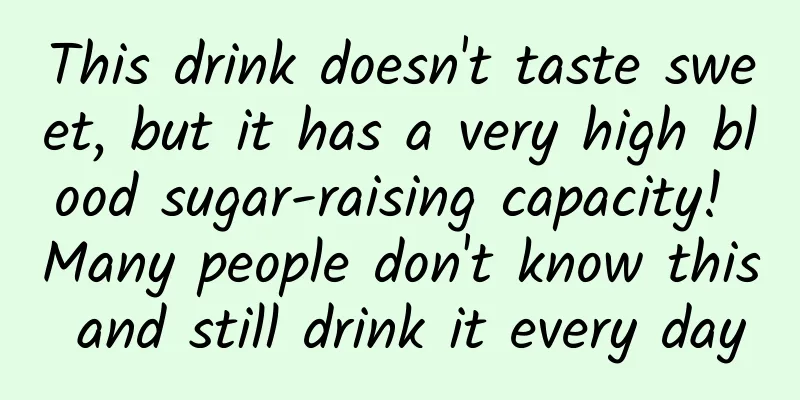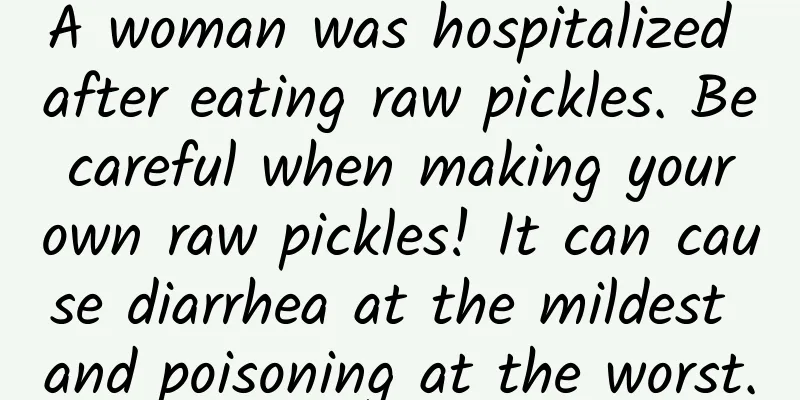Have you paid attention to these "bullshit" things?

|
Whether at home, in the elevator, on the subway, in the cinema, in the office, etc., there may be a sudden bad smell, occasionally accompanied by a muffled sound, and everyone will cover their noses, someone farted! As a living person, we cannot live without farting. You know, the average person farts more than a dozen times a day, but sometimes we fart without realizing it. What is a fart? Simply put, a fart is the gas in the intestines, and farting is actually the exhaust of the intestines. The gaseous metabolites produced in the intestines accumulate to a certain level and form sufficient pressure before being discharged from the intestines. The sources of these gases are divided into two parts. One part is that when you eat and drink, you will inevitably swallow some gas, which accounts for 30% to 60% of farts. The other part is produced during the digestion of food and when food residues are fermented and decomposed by intestinal bacteria. The food we eat produces gases such as skatole and hydrogen sulfide after entering the digestive tract, which makes it smell really bad! More than 99% of the gases in farts are colorless and odorless, such as carbon dioxide, hydrogen, methane, etc. Less than 1% of the gases have a smell, including indole, methyl indole, ammonia, and sulfide [1]. The strong odor in farts is largely due to the 1% or so of sulfur-containing compounds, such as hydrogen sulfide. Many foods contain sulfur, which will produce sulfur-containing gases after being decomposed and fermented by bacteria. Many people know that foods that are prone to smelly farts include beans, onions, broccoli, dairy products, etc., all of which contain sulfur. Interestingly, many people don't think their butts stink that much, and you can't really blame them. Experiments have proven that we don't think our farts smell as bad as other people do. This is because we get used to a smell over time. You smell something different when you enter someone else's room, but not when you enter your own room. The bacteria in each person's body creates a unique blend of odors that is different from everyone else's; your farts don't affect you, but they can "spicy" someone else's nose. How much gas does our body produce every day? The answer is 500 to 1500 milliliters of gas. We consume a lot of carbohydrates every day, including vegetables, grains, and fruits. Some of these carbohydrates do not have the enzymes needed to digest them in our bodies. These carbohydrates eventually enter the large intestine and need the help of microorganisms that colonize there to break them down and ferment them before they can be absorbed. As a byproduct, the fermentation process produces a lot of gas. The human body produces 500 to 1500 milliliters of gas every day, and it usually takes 10 to 20 farts to expel them [2]. What you may not know is that there are some behaviors that make you fart more, such as chewing gum and drinking soda. We know that in addition to the gas produced by bacteria, intestinal gas also comes from air that is swallowed accidentally. Some of the gas is swallowed during sleep, while some is swallowed by drinking carbonated drinks or chewing gum. In fact, farting is a sign of a healthy intestinal ecosystem. In most cases, farts are just byproducts of the complex bacterial ecosystem in the intestine. When complex carbohydrates enter the colon, some bacteria break them down and share the byproducts with other bacteria, benefiting the entire microbiome. In the process of bacteria producing gas, they also produce vitamins and fatty acids, which help maintain the colon lining, provide support for the immune system, and bring benefits to the human body [2]. In order to avoid embarrassment, most people will choose to deliberately reduce farting, which is actually not a good idea. There is no need to limit your farting for the sake of face. Farting is the result of the balance of intestinal bacteria and diet. These complex carbohydrates are the source of nutrition for intestinal bacteria. Don't destroy this micro-ecological system at will. Many people think they fart too much, perhaps because they are constipated and cannot control the flow of gas in the intestines; or their intestinal gas volume is the same as that of normal people, but it is released more frequently and in smaller doses. In any case, deliberately changing to foods that produce less gas or taking medicine will not solve the problem, and may even cause damage to the intestines. Of course, some people do have too much intestinal gas and experience painful bloating and flatulence. This may be a sign of illness, such as lactose intolerance, so you need to see a doctor to solve it. References: 1. Why do farts stink so much? [J]. Oriental Health, 2020(10):4. 2. Joseph. The little secret behind farts[J]. Jiangsu Health Care, 2019(11):51. |
<<: Why did those flowers that are said to be "immortal" die because of you?
Recommend
How to evaluate the pros and cons of multiple promotion channels?
I have always wanted to write an article like thi...
An inconspicuous small business with huge profits, learn about Blue Ocean Products’ “winter magic weapon” – the heated down jacket!
In this era of popular online earning, some "...
He extinguished the fuse of nuclear war, saved the world, and saved mankind from a catastrophe.
We cannot imagine what the world would be like to...
Conversation with Fields Medal winner Martin Herer: Where does the joy of mathematical research come from?
Fields Medalist Martin Herrell discusses his life...
Alibaba launches its first autonomous driving test platform, with an average daily test mileage of over 8 million kilometers
Recently, Alibaba's DAMO Academy launched the...
Tencent experts share their experience...What is the difference between operating a billion-level product and a product manager?
Early stage of operation : quickly familiarize yo...
A universal method to improve operations and marketing conversion rates!
Previously, I shared that my favorite growth is r...
Is it medicine or poison? What is the "propofol" that top Korean actors illegally use?
According to a report by Korean media on February...
China to launch Einstein probe to explore ever-changing universe
Conceptual image of the Einstein Probe satellite....
The State Council has 20 measures to boost consumption: explore and implement measures to gradually relax or cancel restrictions on car purchases
The People's Governments of all provinces, au...
The sixth day of the Lunar New Year is the beginning of spring, welcoming the new year with spring in the air
In the long river of time, the encounter between ...
123 Essential Tools for New Media Operations (Full Version)
Graphics and text editor i Formatting: http://www...
4 core strategies for Spring Festival marketing promotion
Another Spring Festival is approaching, and a lar...
Can Apple’s wake-up call for Qualcomm’s industry monopoly continue?
Apple is claiming $1 billion in patent licensing ...









